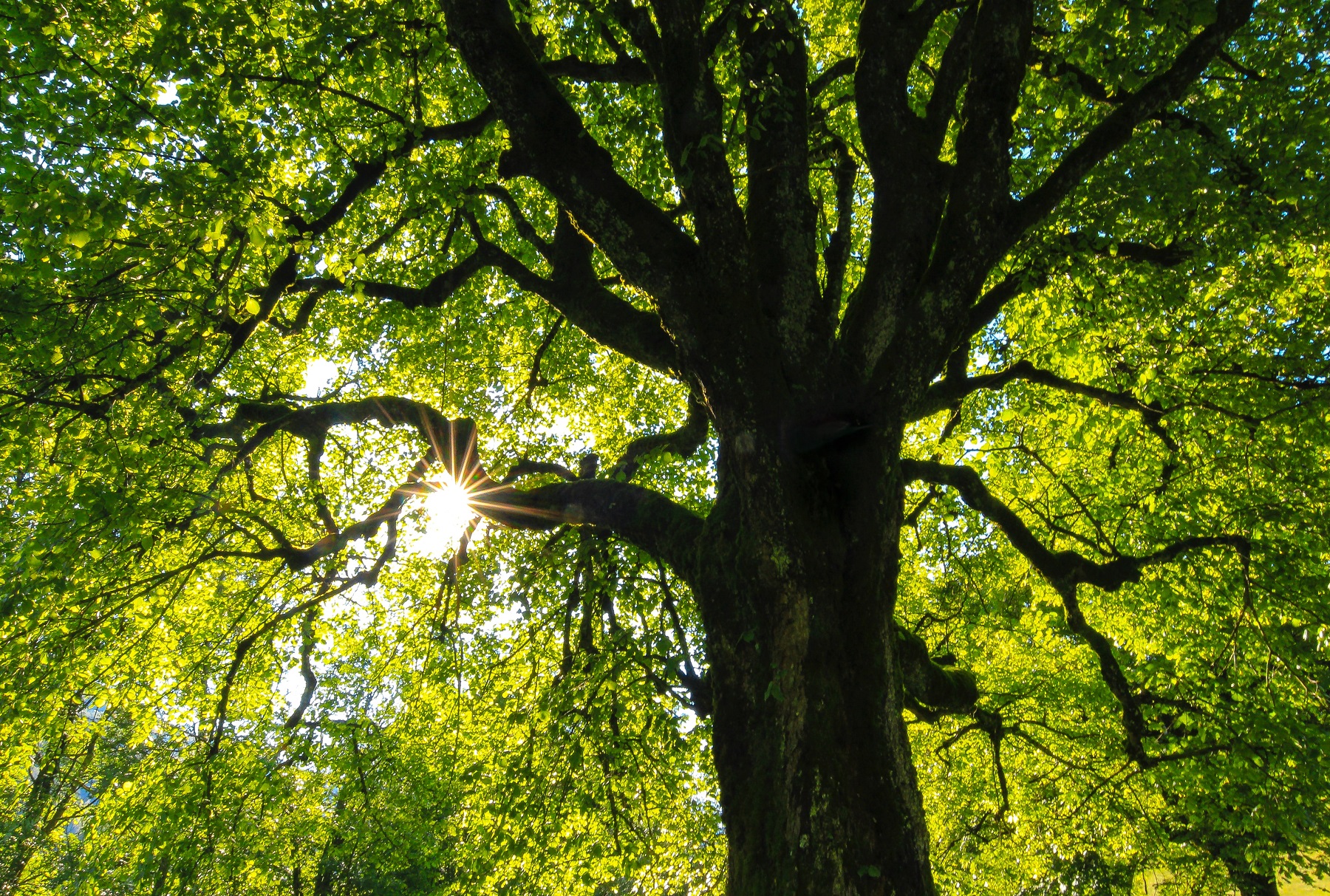Urgent calls for Ecosystem Restoration
Scientists are calling for an evidence-led, equitable approach to Ecosystem Restoration in a global context.
15 November 2022
Scientists are calling for an evidence-led, equitable approach to Ecosystem Restoration in a global context.
Newcastle University’s Dr Marion Pfeifer is among the international team of scientists looking to benchmark and advance the process of restoration in this UN decade on Ecosystem Restoration.
This new landmark issue of the Royal Society’s Philosophical Transactions reveals recent scientific advances in forest restoration and its ambition to benefit people as well as nature.
Dr Pfeifer and an international team of colleagues compiled and edited the theme issue, titled Understanding forest landscape restoration: reinforcing scientific foundations for the UN Decade on Ecosystem Restoration.
The issue brings together a diverse range of scientists from around the world. It explores options and suggests solutions to for planning and executing forest landscape restoration. It highlights methods to identify, monitor, predict and mitigate environmental governance and socio-economic challenges for forest restoration.
Leading on one of the included studies, ‘A systems approach framework for evaluating tree restoration interventions for social and ecological outcomes in rural tropical landscapes’ (Pfeifer et al. 2022), she and co-authors show how their recently developed novel systems model and framework can be used to assess, monitor and predict the ecological impacts and human wellbeing outcomes of restoration interventions in rural tropical landscapes.
Dr Pfeifer, Associate Professor, Landscape Ecology and Management, Newcastle University School of Natural and Environmental Sciences, said: “Restoration planning needs to start with people and their needs, accounting for benefits and costs of restoration and thinking about and agreeing on mitigation measures before starting to plant that tree.”
As she has shown working with colleagues on a second paper, led by Dr Robin Loveridge ‘Pathways to win-wins or trade-offs? How certified community forests impact forest restoration and human wellbeing (Loveridge et al. 2022), “Forest certification schemes may well work in certain contexts. But its use in a given landscape requires rigorous monitoring for effectiveness using ecological and wellbeing indicators. This is a process that is now possible given advances in the way we measure wellbeing and model direct and indirect pathways with which landscape configuration and management affect multiple outcomes.”
In their introductory article, Fifteen essential science advances needed for effective restoration of the world’s forest landscapes, Dr Pfeifer and co-editors draw up a comprehensive list, identifying knowledge gaps throughout the whole cycle of forest restoration, from planning, to implementation, to evaluation and reassessment. The list is used to identify critical areas for future research, and to highlight major advances made by the accompanying articles.
Newcastle University’s co-authors include Dr Marion Pfeifer, Professor Stephen Rushton, PhD students Eleanor Moore and Lauren Barnes, Dr Laura Braunholtz and Dr Guerreiro-Milheiras.
